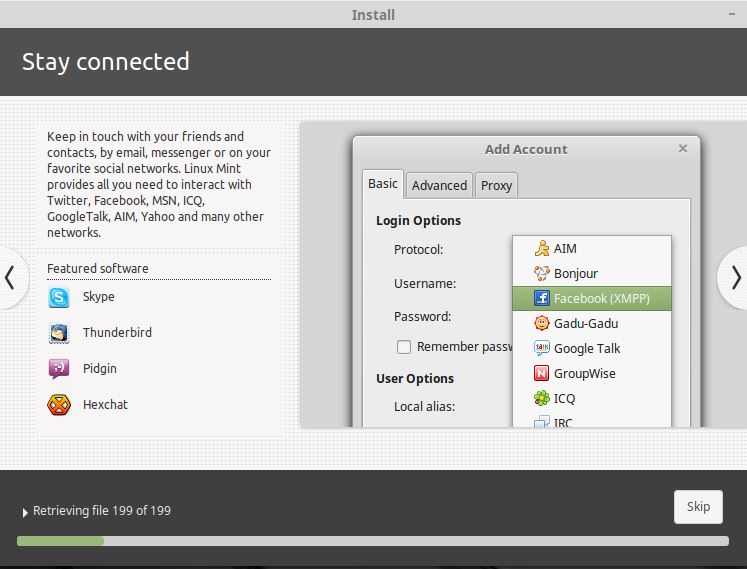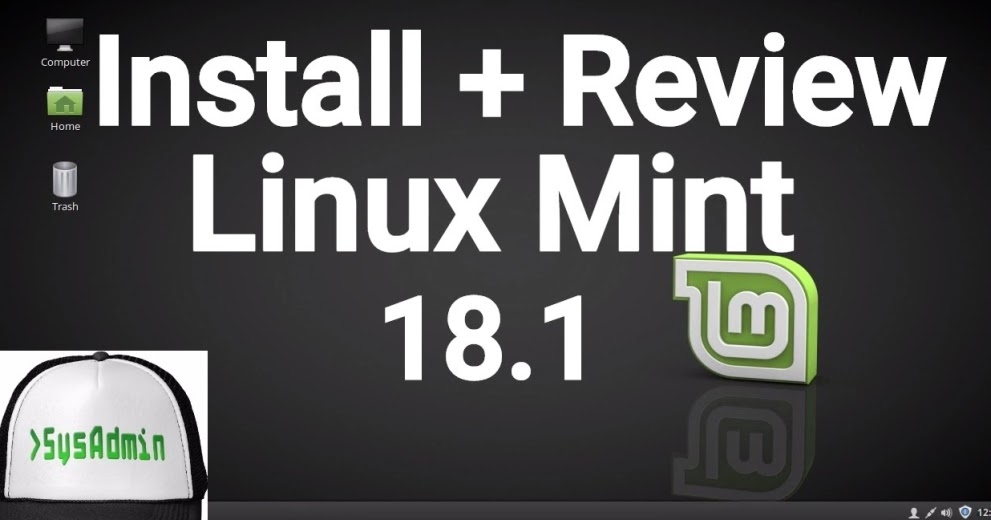

Get:3 bionic-security/multiverse amd64 virtualbox-qt amd64 5.2.18-dfsg-2~ubuntu18.04.5

Get:2 bionic-security/multiverse amd64 virtualbox amd64 5.2.18-dfsg-2~ubuntu18.04.5 Get:1 bionic/multiverse amd64 virtualbox-guest-additions-iso all 5.2.11-122181-1 Virtualbox virtualbox-guest-additions-iso virtualbox-qtĠ upgraded, 3 newly installed, 0 to remove and 73 not upgraded.Īfter this operation, 166 MB of additional disk space will be used. The following NEW packages will be installed: The system will respond with something like below: Type this command: $ sudo apt install virtualbox virtualbox-guest-additions-iso virtualbox-qt Note: This process could take some time, please be patient.

Time synchronization between host and guest system.This addition will add extra functionalities, some of them are: In this step we will install VirtualBox and its additions. $ sudo apt upgrade VirtualBox Installation Update System's Package Informationįirst, let's update package information from all configured sources. Although I'm using Linux Mint as example, this walkthrough should also works on any Ubuntu derivatives. In this guide, we will install VirtualBox on Linux Mint.

Guest VMs can also directly communicate with each other if configured to do so. The host OS and guest OSs and applications can communicate with each other through a number of mechanisms including a common clipboard and a virtualized network facility. The user can independently configure each VM and run it under a choice of software-based virtualization or hardware assisted virtualization if the underlying host hardware supports this. Each guest can be started, paused and stopped independently within its own virtual machine (VM). VirtualBox users can load multiple guest OSes under a single host operating-system (host OS). There are also ports to FreeBSD and Genode. It has versions for all modern operating systems, including Windows, macOS, Linux, Solaris and OpenSolaris. VirtualBox is one of the conventional solutions for creating a virtual machine. Created by Innotek GmbH, it was acquired by Sun Microsystems in 2008, which was, in turn, acquired by Oracle in 2010. Oracle VM VirtualBox (formerly Sun VirtualBox, Sun xVM VirtualBox and Innotek VirtualBox) is a free and open-source hosted hypervisor for x86 virtualization, developed by Oracle Corporation.


 0 kommentar(er)
0 kommentar(er)
